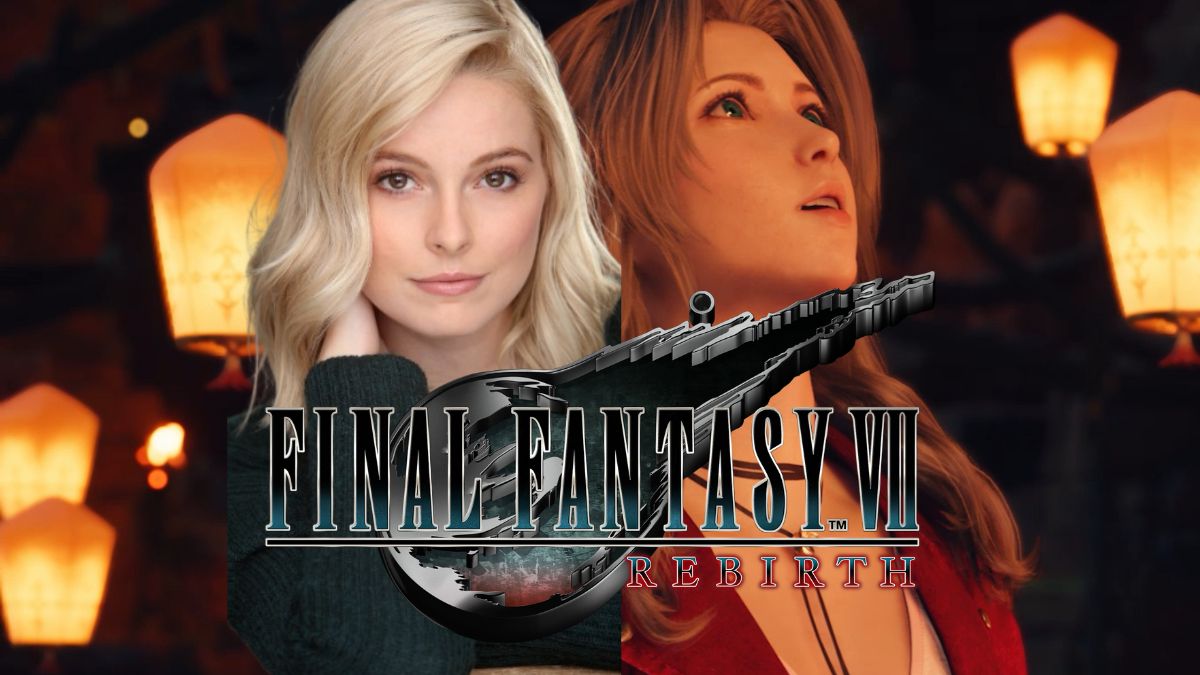Despite being a Hollywood icon, Quentin Tarantino has had very little of his work adapted into games. Tarantino’s feature debut Reservoir Dogs is his only film to inspire a game. In fact, there were two. One was Reservoir Dogs: Bloody Days, a squad-shooter released in 2017. But before that, back in 2006, a tried-and-trusted studio dove into their own ambitious project, and they went all-out to bring this game into the world.
Reservoir Dogs 2006 was quickly put in motion after British publisher SCi Games, which has since merged with Eidos and was then purchased by Square Enix, acquired the rights in the early 2000s. The publisher invited a number of studios to pitch for the opportunity, one of which was Blitz Games, known for licensed, family-friendly releases based on animated TV and films. Blitz leapt at the chance and made sure every aspect of their interview was memorable.
“They dressed up as the Reservoir Dogs,” Philip Oliver, co-founder of Blitz Games, told me. “Somehow they got hold of the suits and the thin black ties. One of them actually stained his shirt with blood splatters. Part way through the meeting, they presented a cut ear. They brought out of a black briefcase an ear, on a white tile, all cover in blood and everything. I think it was all resin, but they said it looked quite funny on the boardroom table.”

Led by Philip’s twin brother Andrew, the group successfully beat out the 25 other candidates and secured the contract. With a shelf date of November 2006, they had a little over a year to produce the game. Blitz was ready for the challenge though, developing a compelling premise that simultaneously worked around many of the immediate hurdles of the source material and gave the team a chance to flex their skills as storytellers.
“The idea we took with the game was to actually carry out the heist you never saw in the film,” Philip explained. “We’ve done a lot of movie games, and you always had to follow exactly the plot of the movie. But actually, that makes a game incredibly linear, and 90 percent of the time, the people who buy the game have seen the film. So all you’re doing is recreating a pretty low-res version of what the film was, and it never really lives up to it.”
Depicting the botched diamond robbery allowed Blitz to use more conventional action mechanics, and it quelled concerns about trying to somehow turn extended conversations into gameplay. “You never saw how everything screwed up and the police chase and everything else,” Philips said. “It’s actually quite nice because you haven’t got anything to compare it against. It allowed it to be what it needs to be to make a great game.”

Soon after getting the go-ahead, Blitz created the subdivision Volatile Games because the company didn’t want to have Bratz and The Little Mermaid sharing the same brand as a super violent shoot-’em-up involving a bunch of career criminals. A team of two dozen developers, many of whom relished the chance to make something for an older audience, was divided between working on the game’s shooting and police-chase driving elements.
“Everybody was happy about coming into work and making great games, but they were never cool games,” Philip said. “So a lot of the people who went on to Reservoir Dogs thought it was really, really cool.” Not everyone shared that enthusiasm. “There were a few people who refused to work on Reservoir Dogs, just saying, ‘I’m sorry, it’s too violent and it’s not for me.’”
More staff was brought in as development continued to stick to the tight schedule. There was external pressure to make something akin to Grand Theft Auto, which was a hard sell given they had a £1 million budget compared to what Philip said was £30 million for Grand Theft Auto III. Nevertheless, Volatile wanted to deliver on time while still honoring Tarantino’s legacy. The narrative designers were watching the movie on repeat and reading all of Quentin’s scripts and interviews, honing in on the exact cadence and mannerisms of his phrasing.

“It was very much about giving the same sort of texture that was in the original script,” Reservoir Dogs writer James Parker explained. “Where there was opportunities to put in conversations between the characters to get those characters across, and do that kind of inconsequential Tarantino stuff of telling stories and about people together and juxtaposing all this violence against the fact that it’s just a bunch of guys who are having the same sort of conversations that anyone has.”
Getting all the blood and bullets right was easy compared to the task of making the Reservoir Dogs game feel like it could have come from the same typewriter as the movie. Tarantino has a cult fanbase that understands exactly how his characters sound and the typical ways his scenes play out. Replicating such distinct voicing is difficult, especially when you only have access to one of the original actors.
“My understanding was the actors, individually and collectively, were making such huge demands that there was no way they were ever going to meet,” James recalled. “I think the bigger disappointment for the wider team was that we couldn’t get the likenesses either, so we ended up with these slightly weird-looking characters in the game and in the cutscenes.”

The cutscenes, which redid select moments from the film, felt odd with Michael Madsen as the one recognizable face. Madsen was fully accommodating, recording all his lines from his Los Angeles home and showing off the film’s 1965 Cadillac DeVille Coupe to the visiting audio engineers. His co-stars just weren’t convinced. Even with the success of Halo and Grand Theft Auto, video games were still treated as niche at the time. The technology involved at the time also didn’t make the same case as the photorealism of Norman Reedus in Death Stranding.
“It doesn’t make people look amazing, when you look at computer graphic versions of these people back on the PS2,” Philip said. “The resolution really isn’t there to do them justice. Obviously game players understand that, but if you’re in Hollywood, you don’t understand that. You just go, ‘It looks rubbish.’”
The video game unsettled audiences just as much as Tarantino’s nihilistic crime drama had in 1992. Among the game’s “objectionable” content was a hostage-taking system that allowed for mass shootings and a slow-mo, bullet-time effect for special killings that reveled in the amount of blood splatter on screen. Ratings boards weren’t pleased, and Australia, Germany, and Japan refused classification, effectively banning the title. As far as Volatile was concerned, this was all part of the plan.

“The more stories they have about the violence, the more it was going to sell,” Philip said. “We expected it to be 18, and we wanted it to be 18. If it had been a 13 or so, people would have gone, ‘What have you done with it? You’ve ruined it. You’ve tamed it down.’”
Philip said the game achieved a respectable lifetime sales amount of 750,000, but that number couldn’t be verified. Reviews weren’t unkind, and Volatile would go on to ship one more game afterward.
Following their time on Reservoir Dogs, Volatile expanded, shopping around an original IP, Possession. They talked with Bandai Namco (then “Namco Bandai”) about the project. Declining to fund Possession, a game that Philip simply described as “very expensive,” Bandai invited them to pitch for a second Dead to Rights title instead. This culminated in the creation of Dead to Rights: Retribution, an undertaking that would push Blitz even harder as a company.
“That was a really big game,” Philip said. “Sixty-eight people I remember worked on that. I remember the number because it was the biggest team we’ve ever had working on a game. It went on for almost two years, huge game. Very proud of that one.”
Blitz Games ultimately closed down in 2013, but not without leaving a mark — and maybe a severed ear or two.






Published: Sep 6, 2019 12:45 pm